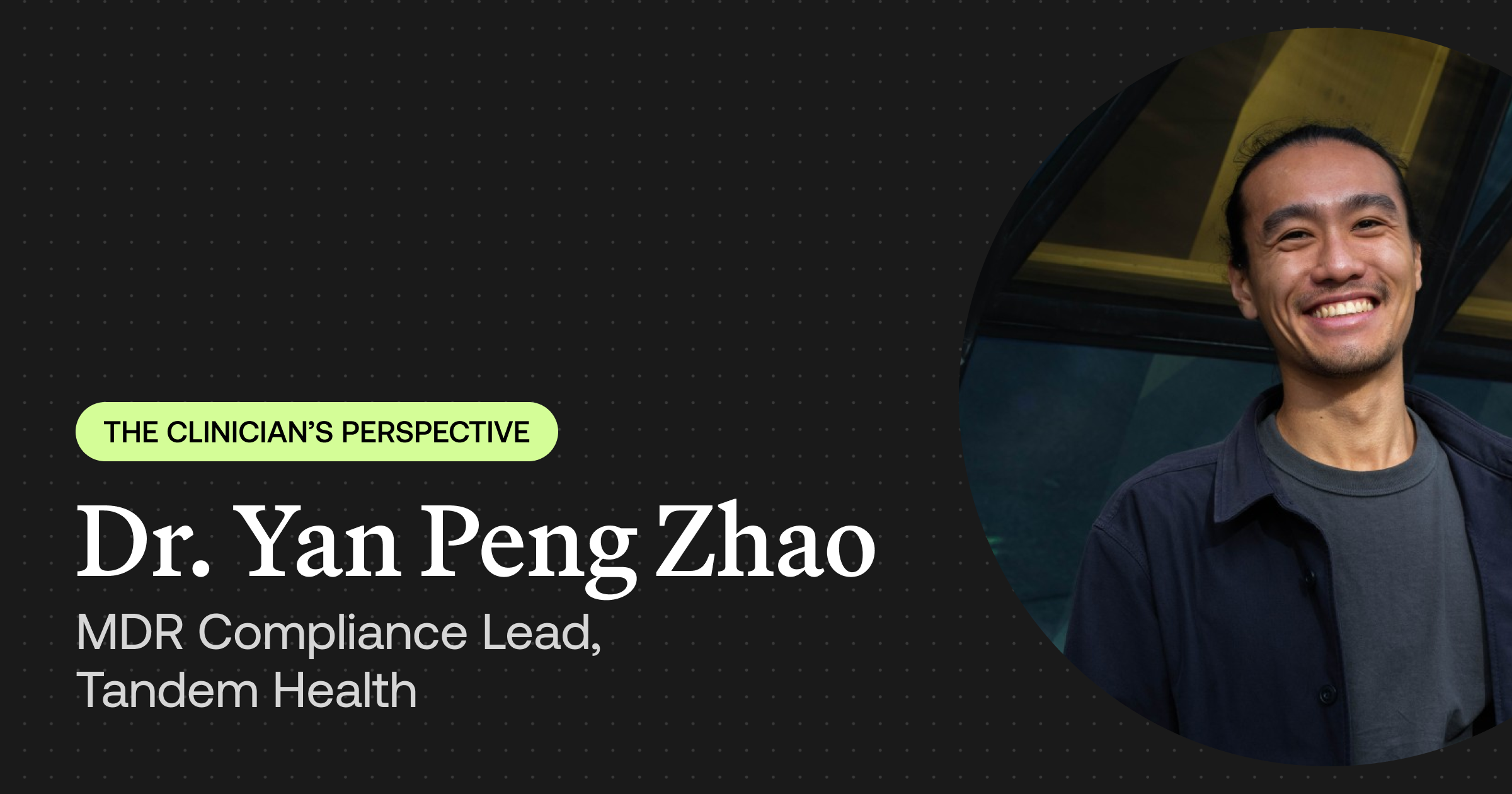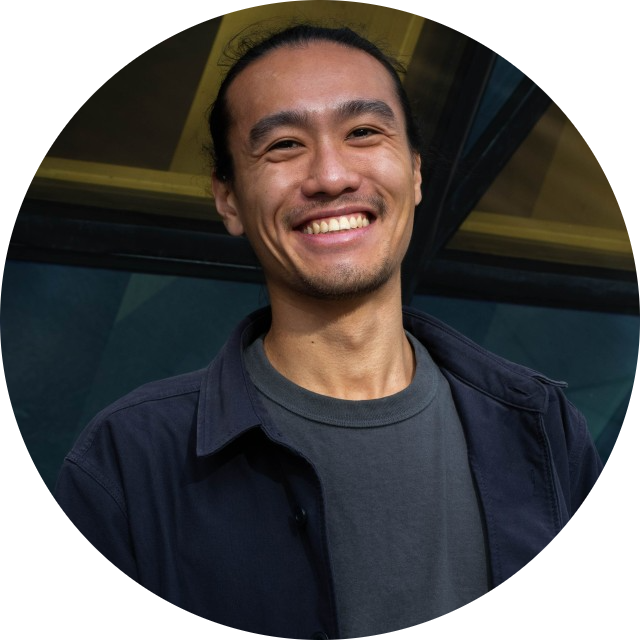Tandem Health raises $50M to build an AI-native operating system for clinical workflows.
Read more →

Company
About us
August 28, 2025

This article is part of our series, The Clinician’s Perspective, where we explore the intersection of AI and healthcare through the eyes of our team – former clinicians who understand the realities of patient care firsthand.
When I worked in trauma surgery, the operating room (OR) was a place of creativity and learning (always under the careful guidance of experienced teachers). We had trays of tools, and with the support I picked up lessons no textbook could have taught me.
I learned how a well-placed mallet tap could improve fracture positioning. How wires could be used not only to fix but to gently guide bones into alignment or create working space. And how surgical planning software, with its imaging tools, could turn abstract anatomy into precise strategy.
These experiences showed me just how powerful the right tools can be. They unlocked creativity, improved outcomes, and made the work itself deeply rewarding.
But outside the OR, it was a completely different story.
I ran around with a pager and risked missing surgeries if it wasn’t working. In the ER, we spent more time documenting than talking to patients. The screen got more of my attention than the person in front of me. Scheduling meant filling out forms and handing them to a secretary who would enter them manually.
All of these systems were outdated, and while nobody talked about it, they directly affected patient care.
This mismatch is everywhere in healthcare. You can be called in with a pager from the 80s, then operate with a surgical device worth more than the entire hospital IT budget.
Admin and documentation are important, but they are overshadowing the actual care. We shouldn’t accept that paperwork keeps increasing without better tools to handle it. It makes the experience worse for both patients and clinicians.
We know what good tools can do. Surgery has advanced rapidly in just a few decades. Communication - something humans have done since the beginning of civilisation - has barely moved forward in healthcare.
That’s one reason I moved away from direct clinical work and toward the systems behind it. I saw too many challenges that needed attention.
Michael DeBakey, one of the pioneers of modern heart surgery, thought the same way when existing materials weren’t good enough, he went and made something better. Decades later, it actually was that very invention which saved his own life.
So, most of the challenges came down to bad tools that no-one replaced. A better tool doesn’t just make life easier, it can have a systematic impact on how care is delivered.
But to get there we need a mindset shift. We need to be willing to change while staying safe and responsible.
The NHS England’s ten-year digital health plan is a good example. So are for example the regulatory guidances in Singapore and Australia on AI in healthcare. These are signals that change is possible.
For the first time, knowledge work can be automated. That’s a big deal. And healthcare is one of the best use cases.
AI can help doctors spend more time on actual care, instead of being buried in admin. It offers a chance to leap forward rather than just trying to keep up.
Of course, there are limitations. Regulations need to catch up. Best practices for monitoring and safe clinical use are still developing. But the inefficiencies we have now are making healthcare more expensive and less sustainable. AI could help reverse that trend.
I want future clinicians to feel the same excitement using digital tools for documentation as I once felt trying out new surgical techniques. Paperwork should be seamlessly integrated into care, not something that pulls us away from it.
We have the chance to bring clinicians back into the loop of care. Right now, admin work often does the opposite.
If DeBakey’s work could come back to heal him, then I want the digital tools we design now to someday ease our own care when we are on the other side of the table.

About Dr Yan Peng Zhao
Trained as a medical doctor, Yan pursued research on lung diseases while practicing as a trauma surgeon before moving into MedTech. He co-founded two healthcare startups focused on improving diagnostics and compliance. Drawing on his medical training, research experience, and education at Karolinska Institutet, Dr. Zhao brings a clinician’s eye to the complex world of MDR compliance.
Read more
No card details needed. Get started in 5 minutes.